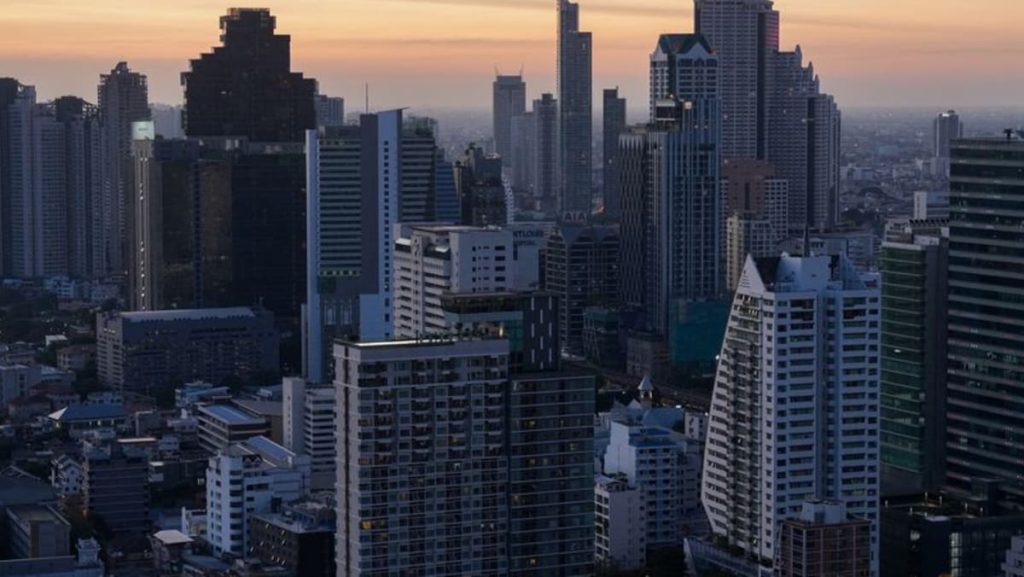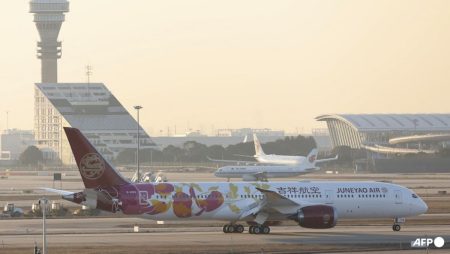The Kingdom of Thailand is poised to implement a global minimum corporate tax rate of 15% on large multinational enterprises (MNEs) beginning January 1, 2025. This move aligns Thailand with a global effort spearheaded by the Organisation for Economic Cooperation and Development (OECD) to address tax base erosion and profit shifting (BEPS) by multinational corporations. The initiative, often referred to as the “BEPS 2.0” project, aims to ensure that large MNEs pay a fair share of taxes regardless of where their profits are booked. Thailand’s Finance Minister, Pichai Chunhavajira, confirmed the government’s commitment to the implementation timeline and emphasized the urgency of enacting the necessary legislation to facilitate the tax collection process. This announcement follows a cabinet approval of the draft legislation, paving the way for its formal adoption.
The global minimum tax, a cornerstone of the OECD’s BEPS 2.0 project, targets multinational companies with an annual global turnover exceeding 750 million euros (approximately US$784.58 million). This threshold ensures that the new rules primarily affect large, globally operating enterprises. The implementation of this tax represents a significant shift in international taxation, moving away from a system where companies could exploit loopholes and discrepancies in tax laws across different jurisdictions to minimize their tax burden. By setting a minimum tax rate of 15%, the initiative aims to create a more level playing field for businesses and prevent a “race to the bottom” where countries compete to attract investment by offering increasingly lower tax rates.
Thailand’s current corporate tax rate stands at 20%, but the country offers various tax incentives to attract foreign investment. Notably, companies receiving incentives from the Thailand Board of Investment (BOI) can benefit from corporate income tax exemptions for periods of up to 13 years. These exemptions, designed to stimulate investment and economic growth, will need to be considered within the framework of the new global minimum tax rules. The legislation implementing the global minimum tax will likely address how these existing incentives will interact with the new regime, potentially requiring adjustments to ensure compliance with the 15% minimum. Balancing the need to attract investment with the commitment to the global minimum tax will be a key challenge for the Thai government.
The implementation of the global minimum tax is gaining momentum across Southeast Asia, with several countries aligning their timelines with the 2025 target. Vietnam, having already approved the minimum global tax rate in 2022, is ahead of its regional counterparts in adopting this measure. Indonesia, the largest economy in Southeast Asia, along with Malaysia and Singapore, have also announced their intentions to implement the 15% minimum tax in 2025. This coordinated approach reflects a growing regional consensus on the importance of addressing BEPS and ensuring a fair and consistent international tax framework. The synchronized implementation will minimize the potential for regulatory arbitrage within the region and promote a more stable investment environment.
The global minimum tax initiative marks a significant step towards reforming international corporate taxation and addressing the challenges posed by globalization and digitalization. By establishing a floor for corporate tax rates, the OECD aims to curb aggressive tax planning strategies and ensure that multinational corporations contribute their fair share to public finances. The benefits of this initiative are expected to be multifaceted, including increased tax revenues for participating countries, a more level playing field for businesses, and reduced incentives for profit shifting. However, the implementation of these new rules will also present challenges, particularly for developing countries, in terms of capacity building and adapting their domestic tax systems.
Thailand’s commitment to implementing the global minimum tax reflects the country’s recognition of the importance of international cooperation in addressing tax avoidance and promoting sustainable economic growth. The timely implementation of the necessary legislation will be crucial to ensuring a smooth transition and minimizing disruption for businesses operating in Thailand. The government’s approach to balancing the new global minimum tax rules with existing investment incentives will be closely watched by both domestic and international investors. The successful implementation of this initiative will not only contribute to enhancing Thailand’s tax revenue but also strengthen its position as a responsible and attractive investment destination in the region.










